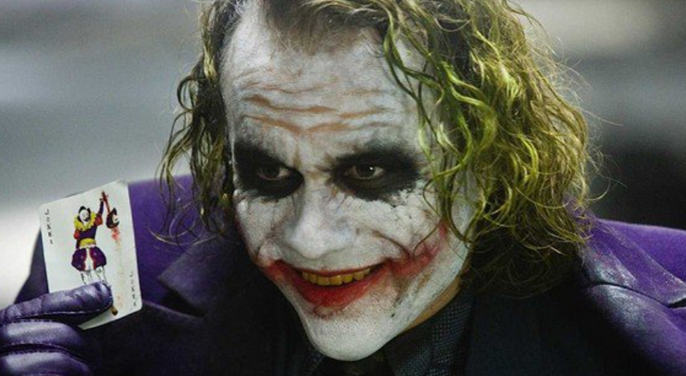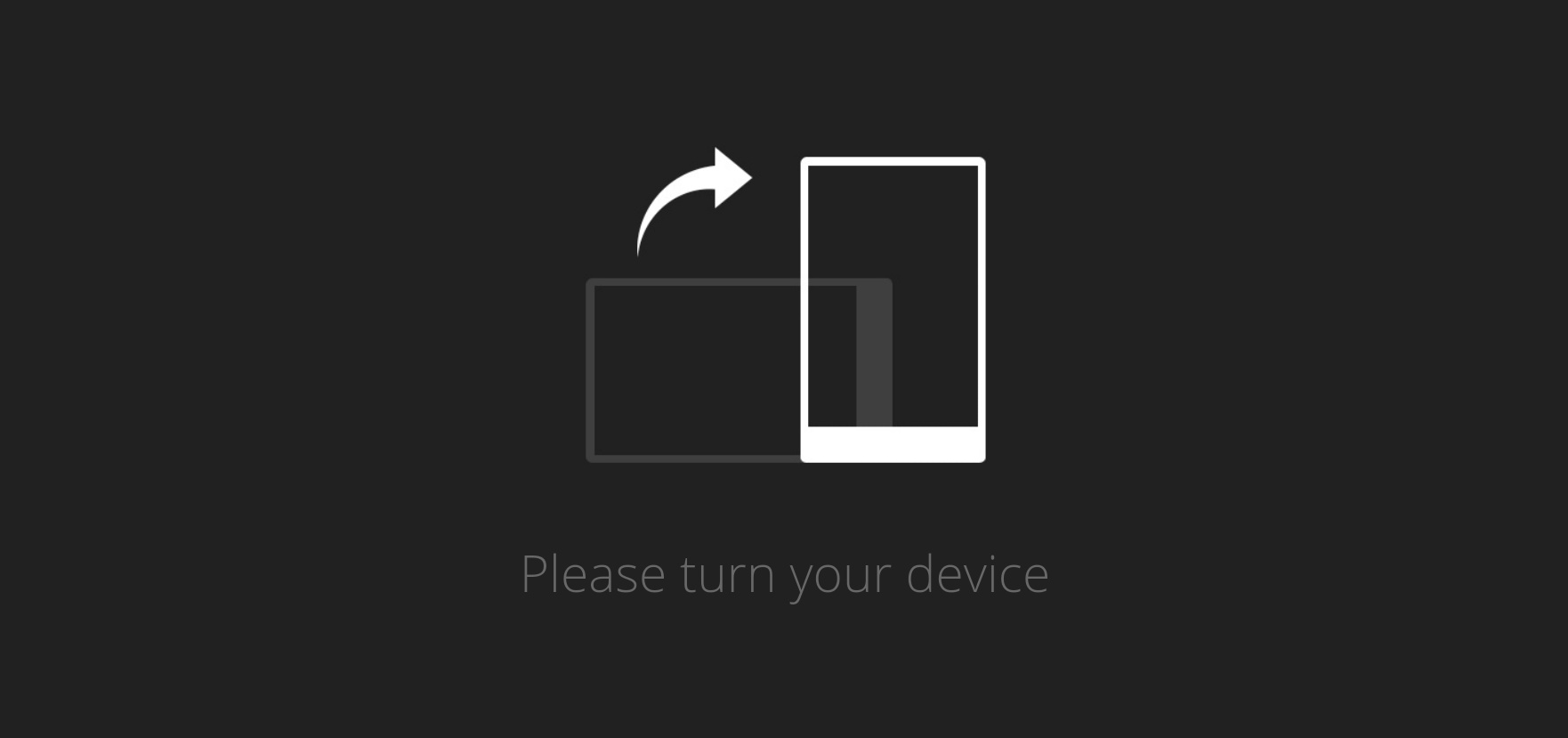
Heath Ledger’s Sister Denies ‘Joker’ Role Was Connected To Actor’s Death
Warning: This post discusses depression and may be triggering.
Just like the bulk of tragic celebrity deaths, the passing of Heath Ledger in 2008 was swiftly mythologised in the media. While the actor died from an accidental intoxication from prescription medicine, the motivation behind his unexpected passing became increasingly rooted in his now infamous role as the Joker in ‘The Dark Knight’.
It became widely generalised that Heath’s dedication to his Oscar-winning role as the Joker had affected his mentality – to the point of depression. However, Ledger sister Kate Ledger has revealed that the rumours surrounding the actor’s death were nothing more than a myth.

At the premiere of the upcoming documentary ‘I Am Heath Ledger’ in New York, Kate shared a much different story about Heath’s work as the Batman villain.
“I was really shocked, because that was him having fun. Every report was coming out that he was depressed and that [the role] was taking this toll on him, and we’re going, honestly, it was the absolute opposite. It couldn’t be more wrong,” she told The Daily Telegraph at the Tribeca Film Festival.
“He had an amazing sense of humor, and I guess maybe only his family and friends knew that, but he was having fun. He wasn’t depressed about the Joker!”
This spins a much different story to what the mainstream media was churning out at the time. Instead, the family has put the blame for Ledger’s accidental death in the hands of the actor himself. His father told Daily Mail Australia in July 2016:
“It was totally his fault. It was no one else’s. He reached for [the pills]. He put them in his system. You can’t blame anyone else in that situation. That’s hard to accept because I loved him so much and was so proud of him,” Kim said.
Feature doco ‘I Am Heath Ledger’ will be released in Australia for one week from 11 May, 2017.
Check out the trailer below:
If you or someone you know needs support, both Lifeline on 13 11 14 and the Kids Helpline on 1800 55 1800 offer 24-hour assistance. For further information about youth mental health, both Headspace and Reach Out can provide guidance. Or you can also talk to a medical professional or someone you trust.
